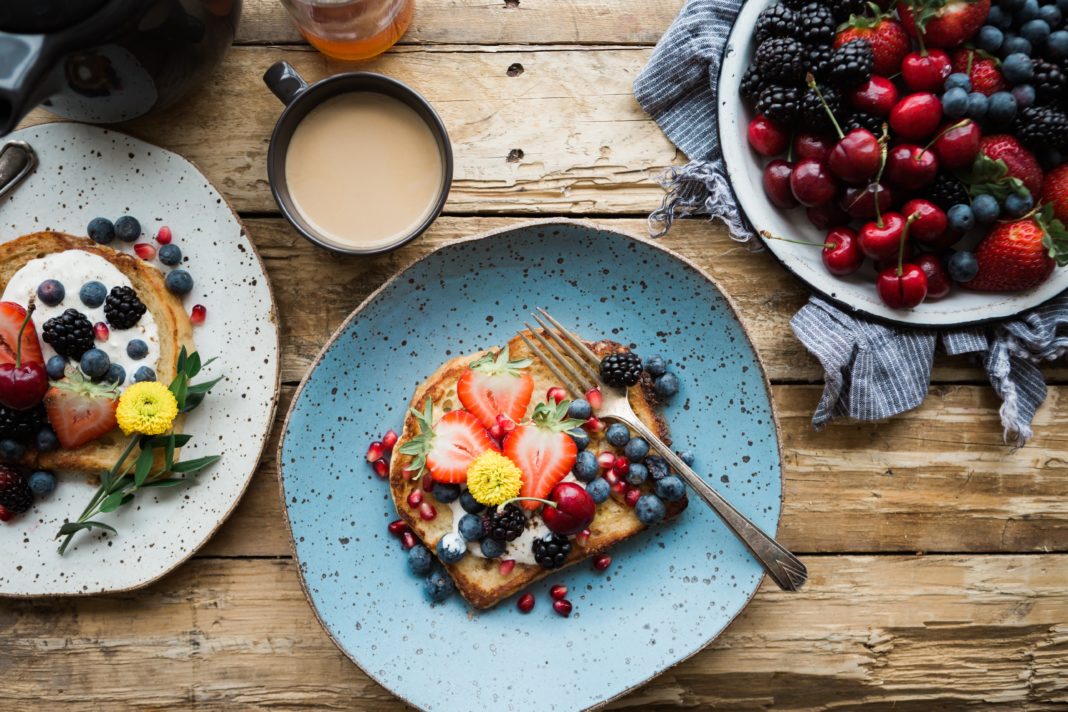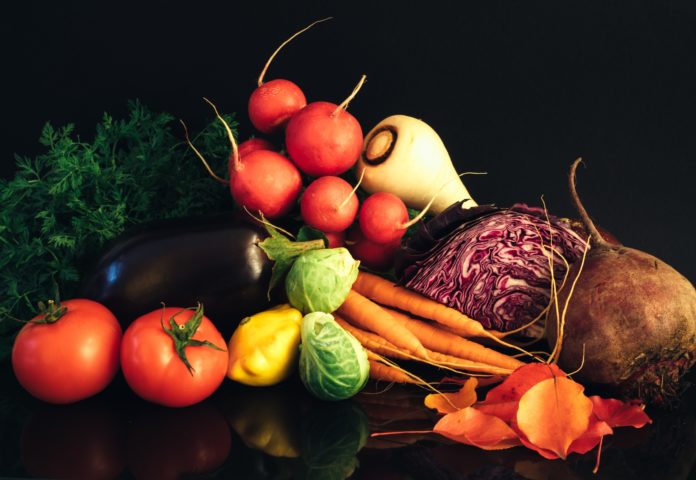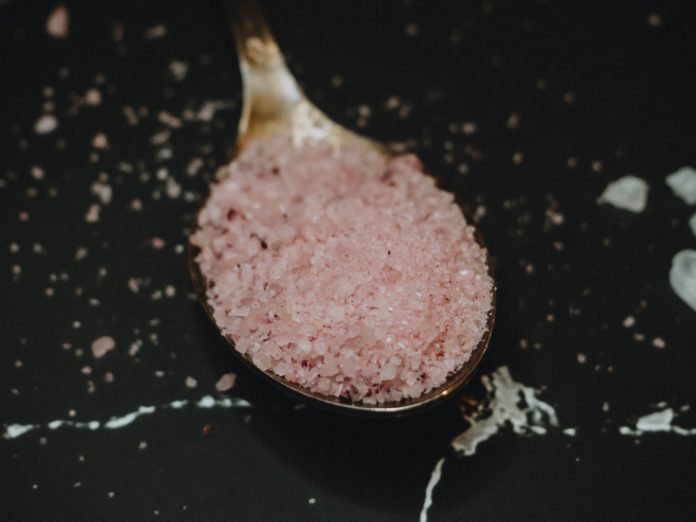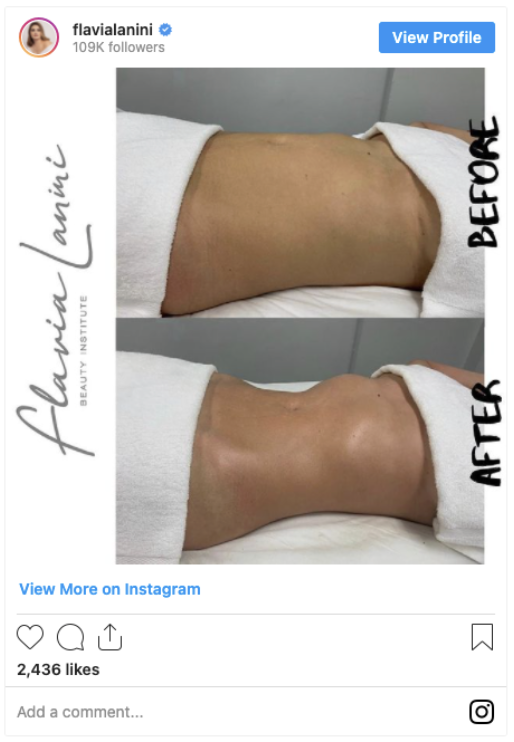The world has long been divided. There are those of us who can’t function without breakfast – and those of us who can’t be bothered with morning meals.
Lately, things have gotten even more confusing…
With the rising popularity of intermittent fasting, there’s now debate over which is more beneficial for our health: staying fasted through the morning or eating breakfast.
Which is healthier? What should we do?!?
Is breakfast still the most important meal of the day? Let’s investigate!
What We Know
If we’re going to assess the health impact of breakfast, there are 3 categories to consider:
- Nutrition Intake
In a nutshell, people who eat breakfast typically get MORE vitamins, minerals, and fiber and LESS of the bad stuff (added sugars and saturated fats).
One study of more than 1500 people showed that, compared to breakfast abstainers, breakfast eaters get:
- 24% more dietary fiber
- 32% more iron
- 30% more calcium
- 32% more folate
- 37% more riboflavin¹
In fact, 74% of breakfast skippers might not meet even two-thirds of the recommended intake of vitamins and minerals (compared to only 41% of those who do eat breakfast).²
Citing these findings, the American Heart Association takes the position that eating breakfast regularly may promote healthy eating throughout the day and ultimately reduce risk factors for cardiovascular disease.
But is it really that simple? What about overall calories? Which brings us to category 2…
- Calories and Weight Management
The research is split on whether eating breakfast impacts the amount of calories you’ll eat in a day.
Several studies have found that people who skip breakfast tend to make up those calories by eating more later in the day. In fact, these studies found that people who eat breakfast tend to consume fewer daily calories overall.³
That seems logical, since skipping breakfast can set you up for a blood sugar drop around mid-morning or early afternoon. Low blood sugar triggers the release of ghrelin, a hormone that stimulates appetite.⁴ So having a meal in the morning, especially one rich in protein, can help to regulate appetite throughout the day.
In contrast, one study found that even though breakfast-skippers did tend to eat more later in the day, their overall caloric intake was about the same as their breakfast-eating counterparts.
So there was no significant difference in weight changes between these two groups.⁵
Another meta-analysis found the complete opposite: people who skipped breakfast consumed fewer calories throughout the day and weighed slightly less than breakfast eaters.⁶
So… jury’s still out on this one.
- Circadian Rhythm and Metabolism
Our metabolisms work in sync with the cycle of the day, slowing at night and revving up again in the morning.
Studies have suggested that eating earlier in the day supports our bodies’ natural circadian rhythm, and therefore our metabolism.
When we eat at times when our metabolism is less active, the body can’t utilize or store nutrients as efficiently, which could lead to insulin resistance, high cholesterol and weight gain over time.
That’s why some studies have found skipping breakfast to be associated with a BMI in the overweight or obese range. Shifting meal patterns earlier by eating breakfast may help to support a healthier metabolism and weight maintenance over the long term.⁷
What We’re Still Learning
Clearly, research has found pros and cons for both eating and skipping breakfast. However, few studies address the nutritional quality or size of breakfasts that people eat.
After all, there’s a big difference between a bowl of fruit and oatmeal or a Pop-Tart. Existing breakfast studies also don’t account for other lifestyle factors.
So, what to do? Many health experts advocate listening to your individual hunger cues rather than eating based on a schedule dictated by trends, fads, or others.
We’re all different! Some of us do better with five small meals instead of three squares, and some prefer to skip breakfast and eat larger meals later in the day, especially if they are night owls.
Spoiler alert: what works for you in your 20’s might not work for you in your 40’s either… 😈
The Bottom Line
Ultimately, a healthy diet includes a variety of foods from all food groups. It focuses on fresh foods and incorporates a mix of fruits, veggies, legumes, whole grains, healthy fats and lean protein.
The ideal timing of those foods will vary from person to person. The key is finding an eating pattern that works with your schedule and appetite, and supports your unique health goals.
How do I get started?
| Toes In |
💁♀️ If you’re a healthy weight and find yourself eating when you’re hungry, just keep doing you! Don’t feel pressured to change your habits. |
| Waist Deep |
🤷♀️ If you’re trying to reach a healthier weight and/or find yourself struggling with snack attacks and strong cravings, have a close look at your first meal of the day: 🕰️ If you’re not eating until several hours after waking up, try having a small meal within 1-2 hrs of waking up. Modify your evening schedule by not eating anything within 4hrs of bedtime. 🍳 If you’re already eating breakfast, does it have a sweet profile to it? Switching to savory breakfast (i.e., eggs with veggies) can help cut down on sweet cravings later in the day |
| Full Immersion |
🙌 If you’re practicing intermittent fasting and finding benefits, keep it up! ☀️ If your fasting regimen has stalled out, try shifting your eating window to earlier in the day, to align with your circadian rhythm. (For example, instead of eating between noon and 6pm, make your eating window between 9am and 3pm.) |





